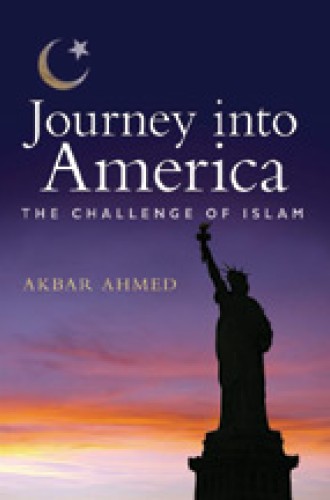Clash of cultures?
What happens when an anthropologist who happens to be a Pakistani, a former diplomat and a member of the Incident Management Team of the U.S. Department of Homeland Security shows up at 100 American mosques armed with questionnaires and a few white student research assistants?
For the most part, nothing very controversial. Congregants dutifully listened to Ambassador Akbar Ahmed, now a professor at American University in Washington and a fellow at the Brookings Institution, as he spoke about his pluralistic vision of Islam. They filled out his surveys and graciously invited him to dinner.
But in one encounter—the incident with which Ahmed begins this book—a black man from Omaha, Nebraska, had the temerity to challenge the genteel professor's call for interfaith dialogue. This man, Ahmed says, was a radical Salafi Muslim, meaning that he is part of the global religious revival movement that seeks to recover the original Islam of the first three generations of Muslims in seventh-century Arabia. According to Ahmed, these Salafi Muslims are bent on converting the world to Islam and bringing it under the authority of shari'a, or Islamic law and ethics.






